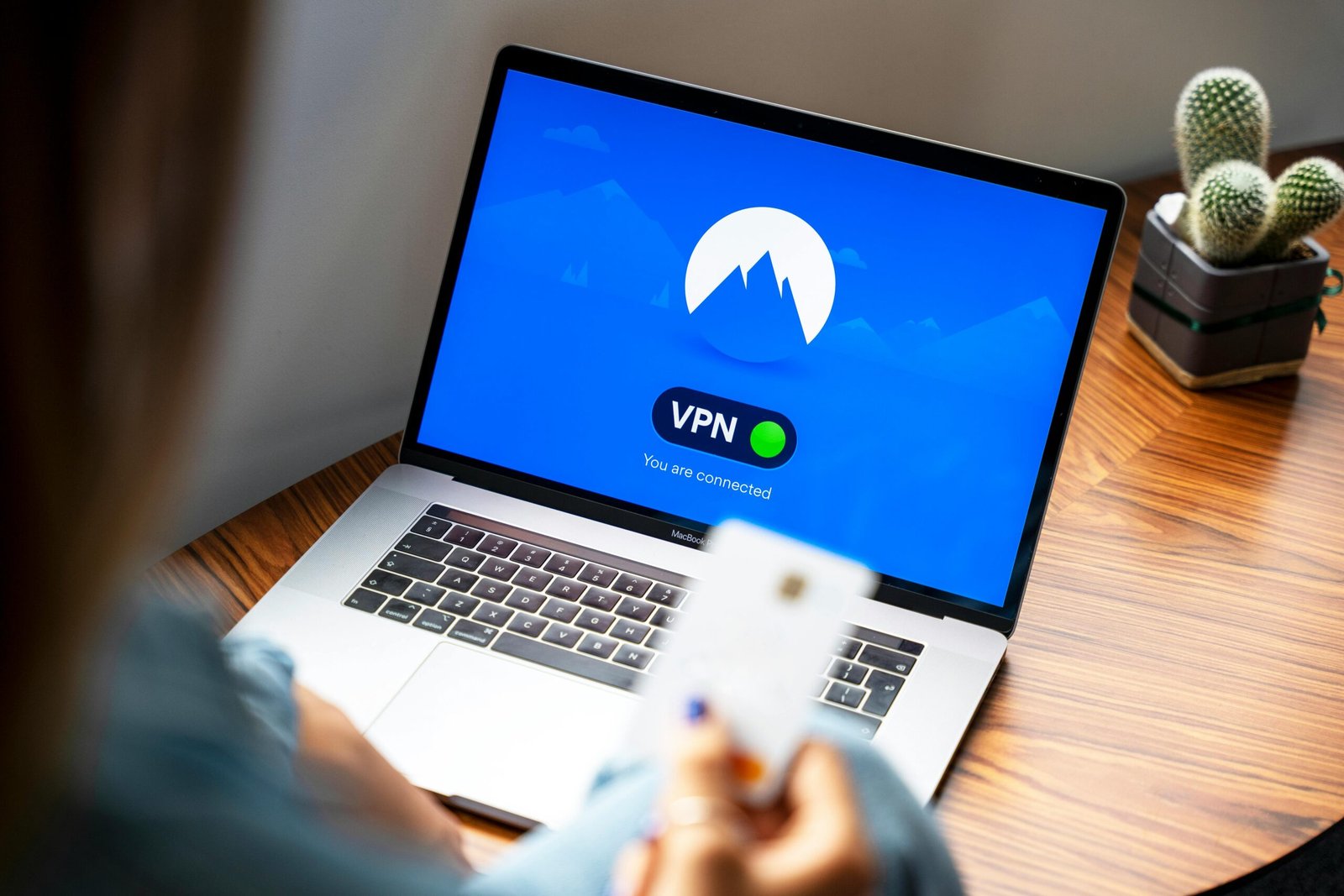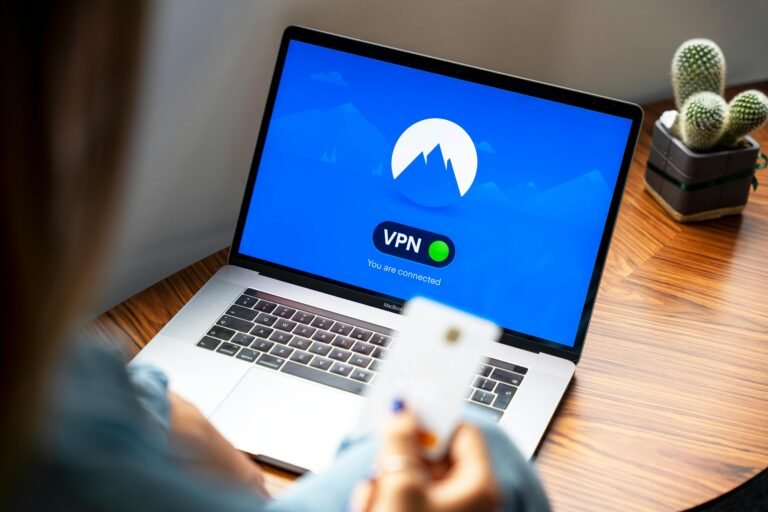Ethical Hacking Courses:
In the evolving world of cybersecurity, ethical hacking has become a vital component of protecting systems and data from malicious attacks. Ethical hacking courses offer individuals the skills and knowledge needed to identify and address security vulnerabilities, ensuring robust defense mechanisms. This guide explores the benefits of ethical hacking courses, the key skills taught, and how to choose the best course to advance your cybersecurity career.
Why Enroll in Ethical Hacking Courses?
- Identify Vulnerabilities: Ethical hacking courses teach you how to conduct penetration tests and security assessments to identify weaknesses in systems before malicious hackers can exploit them. Understanding these vulnerabilities is crucial for strengthening defenses and protecting sensitive information.
- Enhance Career Prospects: As organizations increasingly focus on cybersecurity, skilled ethical hackers are in high demand. Completing ethical hacking courses can lead to roles such as Penetration Tester, Security Consultant, and Cybersecurity Analyst, with the potential for significant career growth and higher salaries.
- Stay Ahead of Cyber Threats: Cyber threats are continually evolving, and ethical hacking courses provide up-to-date knowledge on the latest attack techniques and security measures. Staying informed about emerging threats ensures that you can effectively combat new challenges.
- Achieve Industry Certifications: Many ethical hacking courses prepare you for industry-recognized certifications such as Certified Ethical Hacker (CEH), Offensive Security Certified Professional (OSCP), and CompTIA PenTest+. These certifications validate your skills and enhance your credibility in the field.
Key Topics Covered in Ethical Hacking Courses
- Introduction to Ethical Hacking: Learn the fundamentals of ethical hacking, including legal and ethical considerations, the role of an ethical hacker, and the methodologies used to assess security.
- Footprinting and Reconnaissance: Understand how to gather information about a target system or network. Courses cover techniques for footprinting, reconnaissance, and information gathering to identify potential attack vectors.
- Scanning and Enumeration: Gain skills in scanning networks and systems to detect open ports, services, and vulnerabilities. Learn how to use tools and techniques for network scanning and enumeration.
- Exploitation Techniques: Learn how to exploit vulnerabilities to assess the effectiveness of security controls. Courses cover various exploitation methods, including web application attacks, social engineering, and buffer overflow exploits.
- Post-Exploitation and Reporting: Understand the steps to take after gaining access to a system, including maintaining access, escalating privileges, and covering tracks. Courses also teach how to document and report findings effectively.
- Security Best Practices and Mitigation: Learn how to recommend and implement security measures to address identified vulnerabilities. Courses cover best practices for securing networks, applications, and systems.
Choosing the Right Ethical Hacking Course
- Assess Your Goals: Determine what you want to achieve with the course. Are you looking to gain foundational knowledge, prepare for a certification exam, or specialize in a particular area of ethical hacking? Choose a course that aligns with your goals.
- Evaluate Course Providers: Select reputable training providers that offer high-quality content and experienced instructors. Consider platforms like Practical Ethical Hacking, which offers a range of ethical hacking courses and resources.
- Review Course Content and Format: Check the course syllabus to ensure it covers essential topics and provides practical, hands-on experience. Consider whether the course is self-paced, instructor-led, or a combination of both, and choose the format that suits your learning style.
- Check Reviews and Testimonials: Look for feedback from previous students to gauge the quality and effectiveness of the course. Positive reviews and success stories can provide insights into the course’s value and impact.
- Consider Certification Preparation: If you’re aiming for certification, select courses that offer preparation for certification exams. Ensure that the course material aligns with the exam objectives and includes practice tests and study resources.
External Resources
- For detailed information on ethical hacking courses and resources, visit Practical Ethical Hacking.
- Explore certification details and requirements on the official EC-Council website and Offensive Security website.
Conclusion
Ethical hacking courses are essential for developing the skills needed to protect systems and data from cyber threats. By understanding key concepts, learning advanced techniques, and preparing for industry certifications, you can build a successful career in ethical hacking. Utilize top resources, choose the right course, and stay updated on industry trends to enhance your expertise and career prospects.
Hot Topics in Cybersecurity include essential tools and certifications that every professional should be aware of. For instance, mastering Nmap is a must for effective network scanning and vulnerability assessment. If you’re preparing for certification, the CompTIA Security+ SY0-701 course is a must-take to ensure you’re well-equipped for the exam. To enhance your preparation, utilize the SY0-701 Free Practice Exam to test your readiness. Additionally, joining the Practical Ethical Hacking Membership Levels provides valuable resources and updates to stay current in the dynamic field of cybersecurity. For further learning, explore Cybersecurity and Practical Ethical Hacker Courses on YouTube. Engaging with these must-take courses and resources will significantly boost your skills and knowledge in this critical area.


